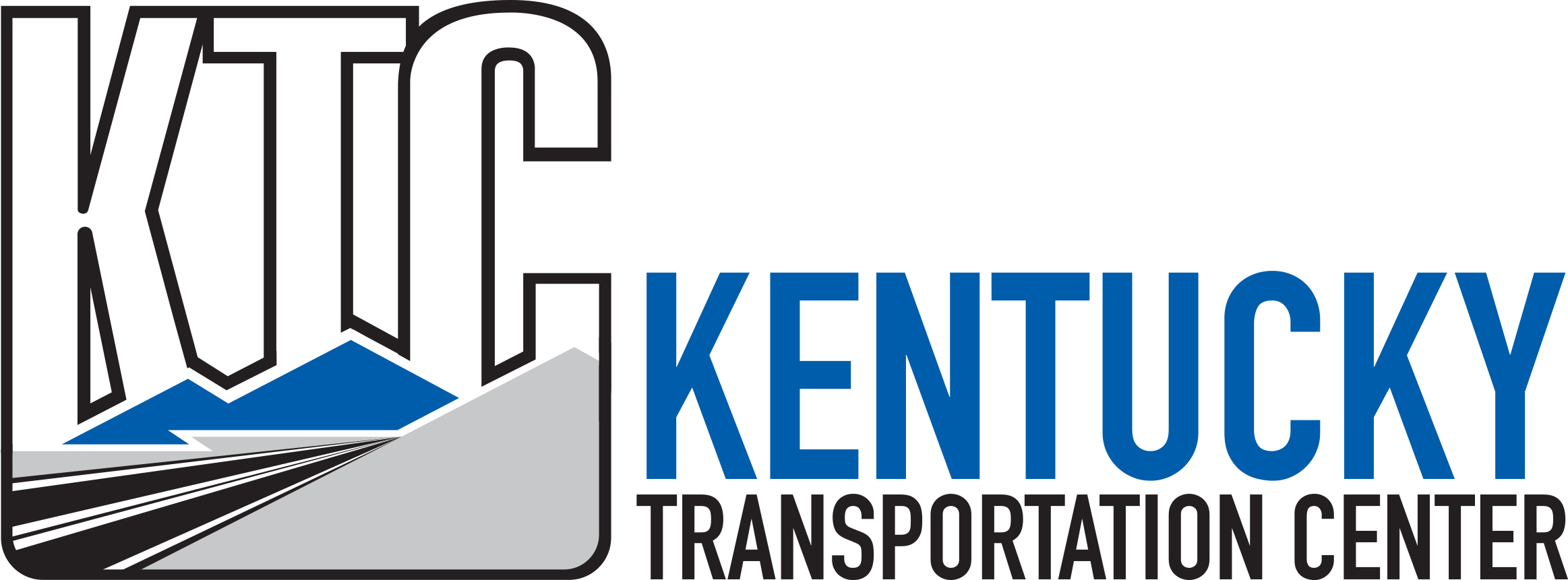Abstract
One of the Kentucky Transportation Cabinet’s (KYTC) foremost priorities in fulfilling its mission is to deliver successful projects — quality solutions that meet the defined scope and are delivered on time and within the budget specified in the Highway Plan. When a project scope is not clearly defined or uncertain, revisions may take place after the project is already underway, leading to delays or overpromising what can be delivered. Ideally, a reliable, decisive project scope is defined in the early phases of the highway project development process. The scope should include a project definition that clearly communicates the project scope’s framework and specifies what the project will and will not deliver. Recognizing the effectiveness of systematic approaches for managing preconstruction engineering activities and resources, KYTC initiated a study to identify effective methods for defining highway projects. The findings presented in this report will help KYTC strengthen scoping processes so it can clearly and accurately identify project needs, better control project development activities, optimize resource use, keep activities on schedule, and improve project outcomes. The guidance in this report is targeted for the phase of project development that begins will the purpose and need statement and progresses to letting. Each recommended best practice defines a goal and implementation strategies, and is ranked by implementation effort and value to the agency.
Report Date
11-2022
Report Number
KTC-23-08/SPR22-632-1F
Digital Object Identifier
https://doi.org/10.13023/ktc.rr.2023.08
Repository Citation
Jasper, Jeff; Wright, Samantha; Wilcoxson, Jon; Baskette, Robin; and Van Dyke, Christopher, "Best Practices for Highway Project Scoping" (2022). Kentucky Transportation Center Research Report. 1761.
https://uknowledge.uky.edu/ktc_researchreports/1761


